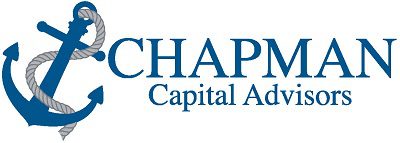IRS Form 1099 is used to report various types of income received by individuals or businesses. Its purpose is to inform the IRS about income that may be subject to taxation. If you receive a Form 1099, you are required to report the income on your tax return.
There are different variations of Form 1099, each intended for reporting different types of income. Some common types of Form 1099 include:
- 1099-R: Reports distributions from pensions, retirement account payments, and other similar sources
- 1099-DIV: Reports dividends and capital gains distributions of $10 or more.
- 1099-INT: Reports interest income of $10 or more. Sources include bank and investment accounts.
- 1099-MISC: Reports miscellaneous income of $600 or more
- 1099-B: Details the proceeds from the sale of stocks, bonds, or other securities. It provides information on the sales price, cost basis, and other relevant details.
- 1099-G: Used to report certain government payments, such as unemployment compensation, tax refunds, and state and local tax refunds.
- 1099-K: This form is used to report payment card and third-party network transactions. It is typically used by payment processors and companies like PayPal to report income received by merchants or individuals from credit card transactions or online payment platforms.
- 1099-SA: This form is used to report distributions from Health Savings Accounts (HSAs), Archer Medical Savings Accounts (MSAs), or Medicare Advantage Medical Savings Accounts (MSAs).
- 1099-C: This form is used to report canceled debt of $600 or more. When a lender forgives or cancels a debt, the borrower may be required to report the canceled amount as income.
- 1099-S: This form is used to report proceeds from real estate transactions, including sales or exchanges of real estate.
Please note that in most years, the deadline to produce 1099s is February 15. Schwab generates 1099s for different types of accounts (e.g. IRA, Joint, etc.) at different times, so your 1099s may not be ready all at once. If Schwab does not generate an anticipated 1099 by February 15, please call us. To save trees (and money), Schwab prefers to post 1099s online instead of mailing them. You can get your 1099s by logging into Schwab.com. We provide a step-by-step guide to getting your tax forms here.
In addition, all Traditional IRA, Rollover IRA, and Roth IRA accounts will generate a Form 5498. This form, however, will not be generated until after the tax filing deadline. Please provide this form to your tax preparer. It is not typically needed but can be helpful.
Some other forms you might get include:
- 1098 = Mortgage payment
- K-1 = Partnership, trusts, or estate
- 1098E = Student loan interest
- 1098T = College tuition payment
- W-2 = for wages
- W-2G = gambling winnings
- SSA-1099 = Social Security benefits
If you are missing, have questions, or are concerned about your 1099, please contact us at 772-320-9658 or Will@victrixinvestmentadvisors.com.
Once your tax return is complete, please send us a copy so that we can provide you with the best possible tax strategies.





